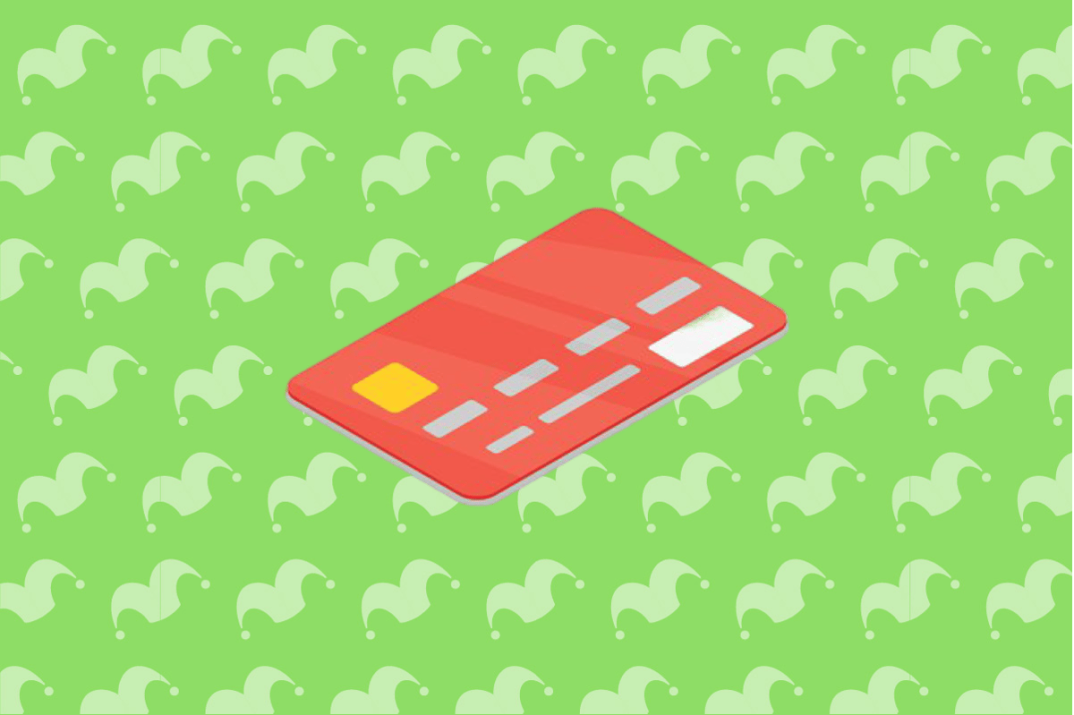Building credit is an important part of your overall financial health. A high credit score could help you qualify for an apartment rental, get approved for one of the best credit cards, and land a low interest rate on a loan. Those are just a few examples of how your credit affects your life.
People sometimes get discouraged because they think it will take several years to improve their credit. When you know what to do, you can get results much faster. Follow the tips below, and you could have better credit in a matter of months.
1. Use a credit card every month and pay the bill on time
Your payment history has the most impact on your credit score. Specifically, it’s your payment history when borrowing money that matters, which includes credit card and loan accounts.
The easiest way to build a strong payment history is to use a credit card at least once a month, and then pay the bill on time. Pay in full, too, and you won’t get charged any interest. Every time you do this, the card issuer reports your on-time payment, which is good for your credit score. Do this with a cash back card, and you’ll also earn money back on what you spend.
If you already have a credit score, making a few on-time payments over the rest of 2024 will help improve it. If you don’t have any credit history yet, it will take a little longer. You need a credit account open for at least six months to generate a FICO® Score, according to the credit bureau Experian. The sooner you get started on that, the sooner you’ll have a FICO® Score.
2. Pay down credit card balances
After payment history, the next big factor in your credit score is your credit utilization. Every month, your credit card issuers report the balances and credit limits on each of your cards. The balances are divided by the credit limits to calculate your credit utilization.
Imagine you have one credit card with a $5,000 balance and a $10,000 credit limit. Your credit utilization is 50%. As a general rule, if you use 30% or more of your credit, it will start to damage your credit score.
Lower is better for credit utilization. If you’re using a large amount of your credit, focus on paying it down over the rest of the year. For an example of what kind of effect this can have, one credit card writer here at The Ascent saw her credit score drop by 25 points for going over 50% credit utilization. When she paid off her debt, her score immediately recovered.
3. Request a credit limit increase
The best way to deal with high credit utilization is to pay down your credit card balances. But if that’s going to take some time, there’s also a faster option.
Ask for a credit limit increase on each of your credit cards. You can do this by calling the number on the back of your card. Some card issuers also let you do it online. A higher credit limit is another way to lower your credit utilization.
Let’s go back to that example above, where you have a balance of $5,000 and a credit limit of $10,000. You ask for a higher credit limit. Your card issuer decides to raise your limit to $15,000. Just from that, your credit utilization has gone from 50% to about 33%, which will almost certainly raise your credit score.
There are a couple of things to keep in mind when you do this:
- A credit limit increase isn’t guaranteed. It helps if you’ve always paid your credit card bill on time and also if your income has increased since you originally got your card.
- Don’t spend more if you’re approved for a higher credit limit. This method only helps if you avoid charging more to your credit card.
- You should still try to pay off your credit card debt as quickly as possible. No matter what your credit score is, credit card interest is expensive.
4. Check your credit report and dispute errors
Your credit score is based on the information in your credit report. Unfortunately, this information isn’t always accurate. In a study by Consumer Reports and WorkMoney, 44% of consumers found at least one error on their credit report.
You can request a free weekly credit report from each of the three major credit bureaus (Equifax, Experian, and TransUnion) at AnnualCreditReport.com. While you don’t need to check this every week, you should do so at least every six months to a year.
If you find any errors, dispute them with the creditor and the credit bureau that issued the report. Each credit bureau lets you file disputes online. This can have a massive impact on your credit. A friend of mine once raised her credit score by over 100 points just by disputing negative items she didn’t recognize.
Everyone’s credit is different, so there’s no way to guarantee your credit score will go up by a certain amount. But all those methods above are positive changes that can raise your credit score in a short period of time.




